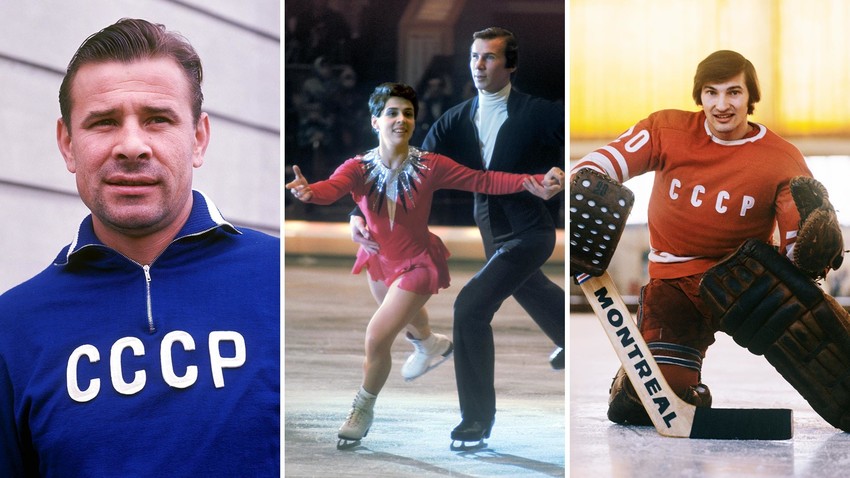
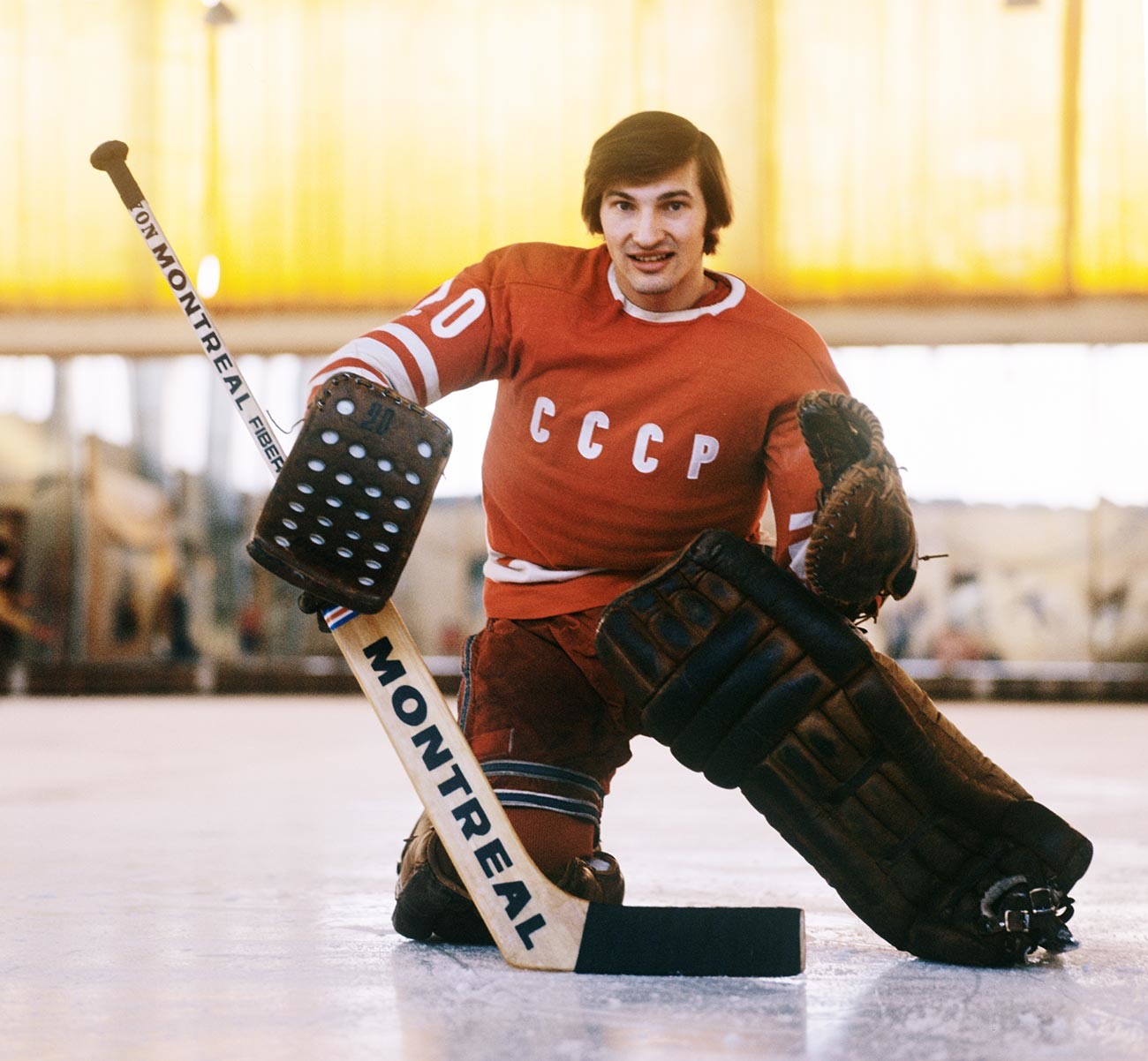
Tretiak is the legendary Soviet ice hockey player, who gained tremendous fame on both sides of the Iron Curtain, while he played for the Soviet National Team as a goaltender.
Tretiak started training comparatively late, at the age of 11 in 1963. Nonetheless, by the early 1970s, he already gained fame in the USSR playing for the legendary CSKA team and winning a gold medal at the 1972 Winter Olympics as a member of the Soviet National Team.
Throughout his career, Tretiak achieved incredible glory, winning four Olympic medals and multiple world championships and cups. But, real international fame came to Tretiak after he surprised fans on the other side of the Iron Curtain with his performance in the Summit Series in 1972, when the Soviet team played against the Canadians. Despite his early retirement from the Soviet National Team (he was only 32) and the fact that he never played in the NHL, Tretiak is considered to be one of the greatest hockey players of the 20th century by many sports experts in Russia and abroad.
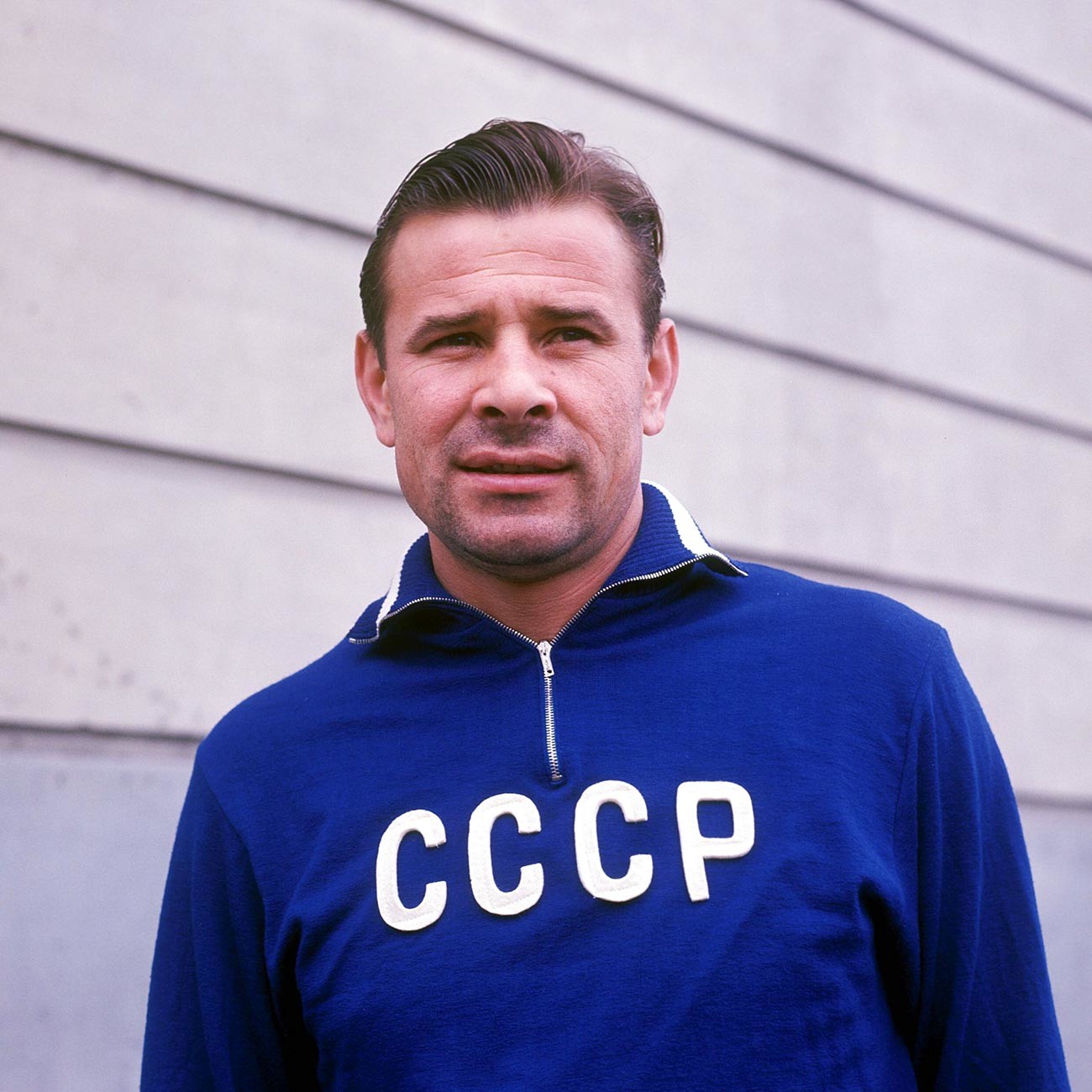
This legendary Soviet goalkeeper revolutionized the game by rewriting the style of play for all goalkeepers to come in later years. Before Yashin came into play, the usual practice for most goalkeepers was passive play in the goal. Lev Yashin changed this forever by his active presence in the field and his command of the defense. He introduced running out to meet onrushing attacks, a practice that has long been accepted as the standard in the sport.
A gold medalist of the 1956 Olympic football tournament, Yashin saved over 150 penalty kicks throughout his professional career, making him the most reliable goalie in the history of the game. For his black uniform and innovative style of play he was given nicknames as ‘Black Panther’, ‘Black Spider’ and ‘Black Octopus’.
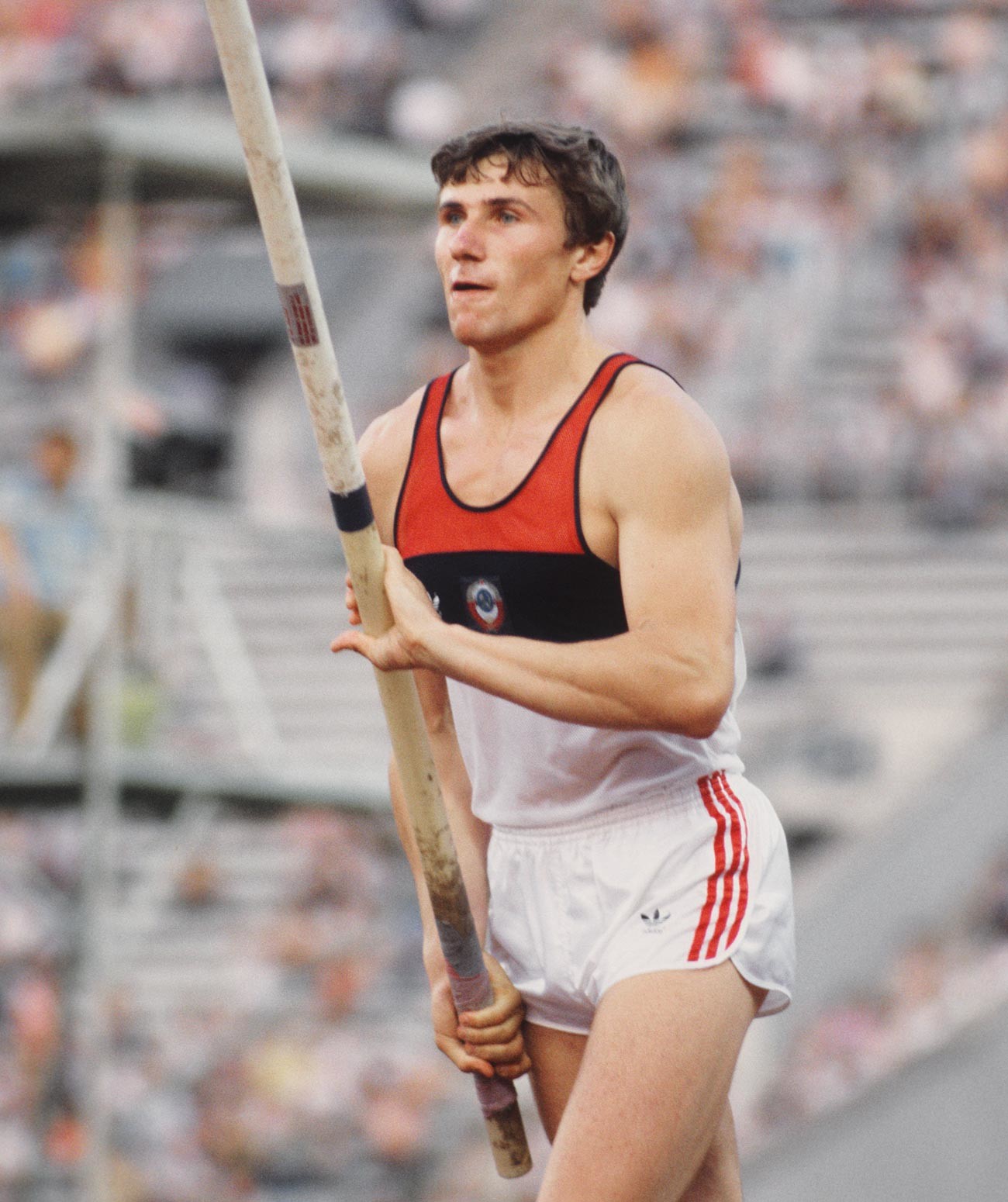
This Soviet athlete made history as the first pole vaulter to clear 6.0 meters and 6.10 meters. Winning six consecutive IAAF World Championships and an Olympic gold medal in 1988, Bubka broke the world record for men’s pole vault 35 times along the way.
Despite Bubka’s record being wiped out in 2020 by Swedish athlete Armand Duplantis, Bubka is a legend of the sport and is one of the few athletes who were inducted into the International Association of Athletics Federations Hall of Fame. After the collapse of the Soviet Union in 1991, Bubka, a native Ukrainian, became a citizen of the country.

The legendary Soviet athlete ended up in figure skating by chance. As a child, Rodnina suffered from pneumonia eleven times in her pre-school years. To prevent the consecutive sickness, her parents brought her to a skating rink in Moscow, which was a fateful decision.
By the early 1970s, Rodnina had conquered the sport of figure skating, becoming the only athlete in the history of the sport to win ten successive world championships and three successive Olympic golds - in 1972, 1976 and 1980. After retirement, Rodnina built a career in Russian politics becoming a deputy of the Russian legislative body in 2007.
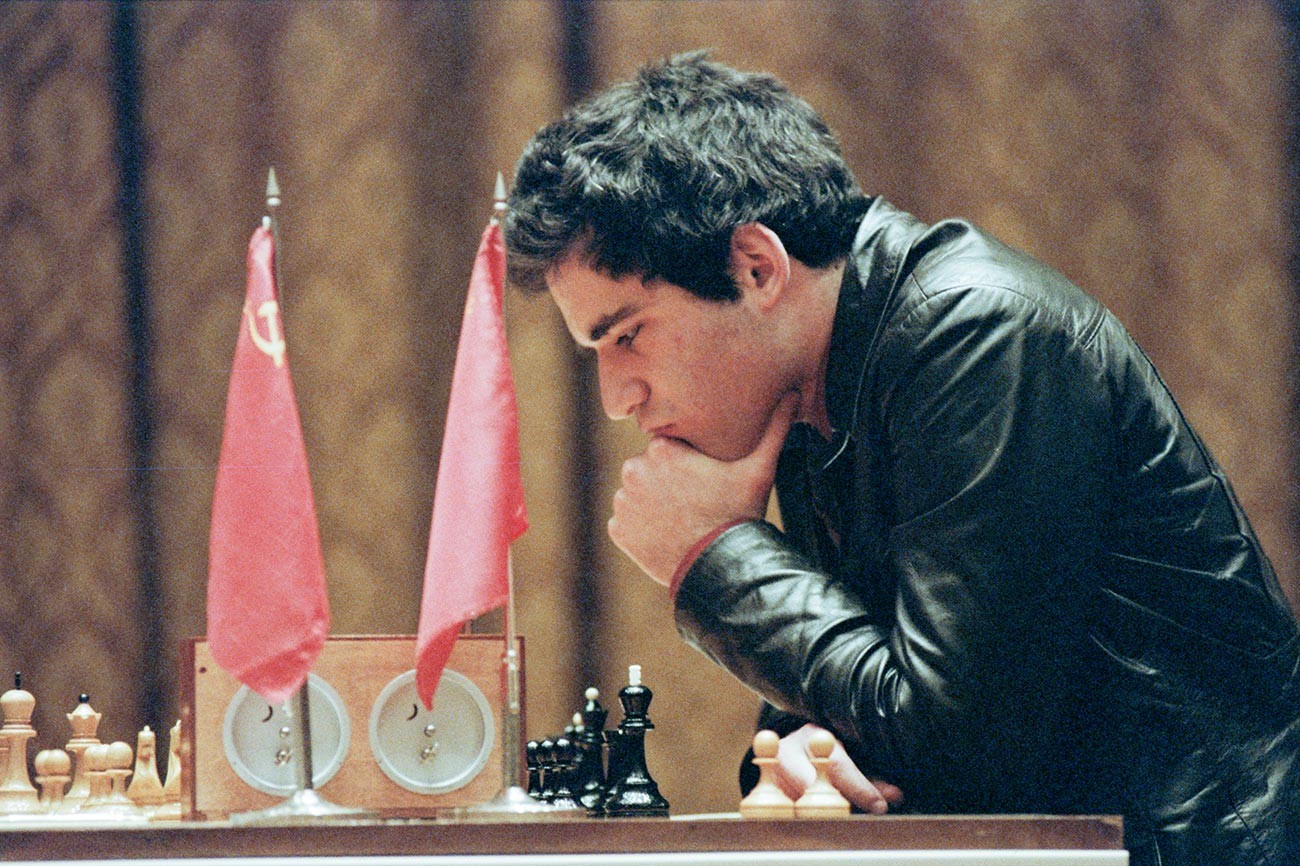
Born in Azerbaijan to an Armenian mother and a Jewish father, Garry Kasparov — who once said he identified himself as a Russian — played under the Soviet flag, as Azerbaijan was a part of the USSR up until 1991.
By the age of 19, Kasparov was the No. 2-rated player in the world, behind another Soviet chess player, Anatoly Karpov. Their rivalry is a well-known hallmark in the history of chess. After eventually defeating the reigning champion in 1985, Kasparov became the youngest ever undisputed World Chess Champion at age 22. From that point onward, Kasparov was ranked the world’s No. 1 chess player in the world for a record of 255 months.
After retiring from the sport, Kasparov became involved in Russian politics holding strongly critical views on the country’s leadership. He currently lives in New York.
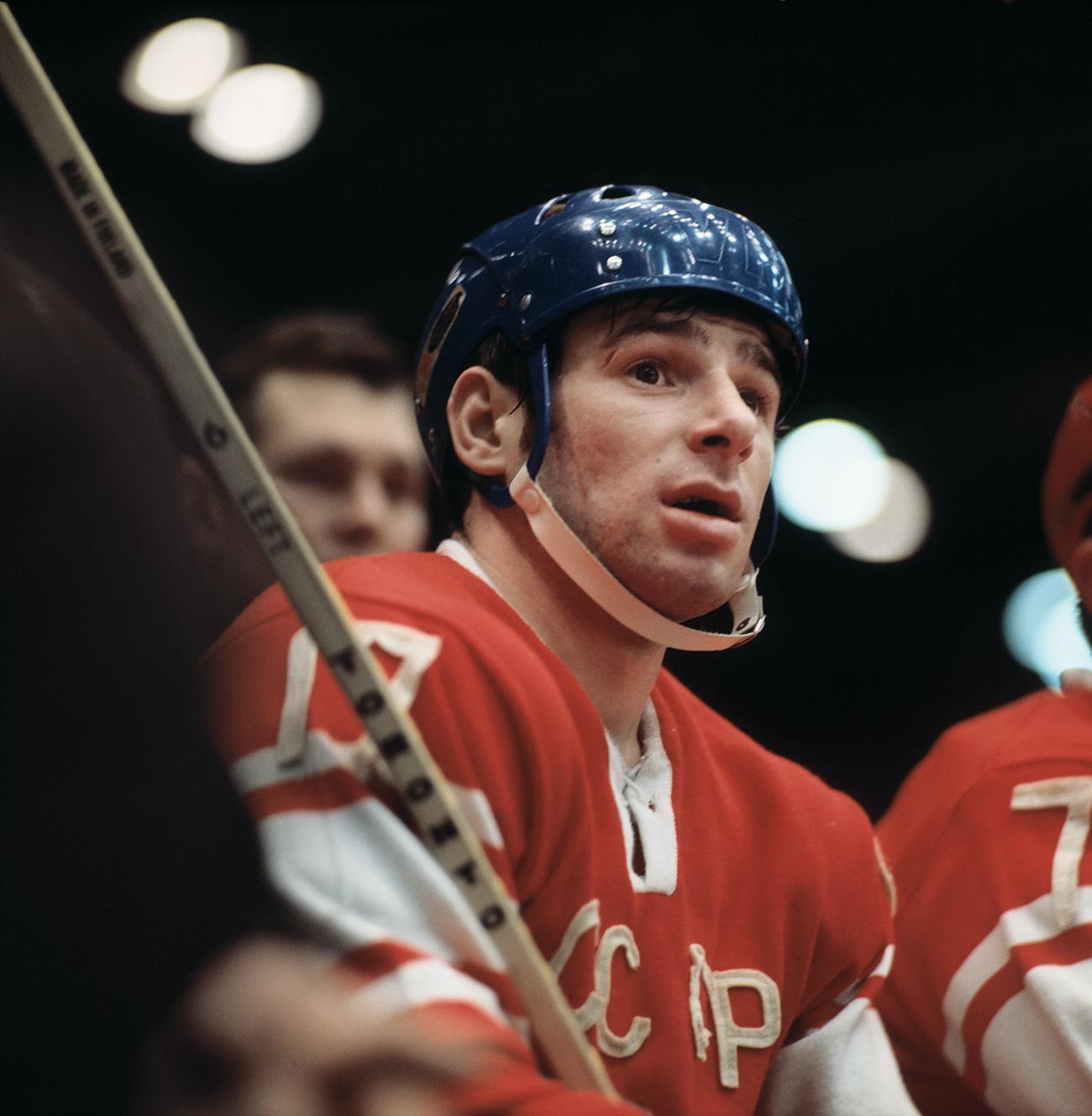
Forward Valeri Kharlamov was a living legend for millions of Soviet hockey fans when he was dominating the Soviet and international hockey world from the late 1960s up until his premature death in 1981, at the age of only 33.
Despite his relatively small complexion, Kharlamov dominated the field, thanks to his immense speed and skills. As a member of the Soviet national team, he won two gold and one silver Olympic medals in 1972, 1976 and 1980, respectively. Many years after his death, he is still considered to be one of the greatest hockey players of all time. He was inducted into the Hockey Hall of Fame in 2005.
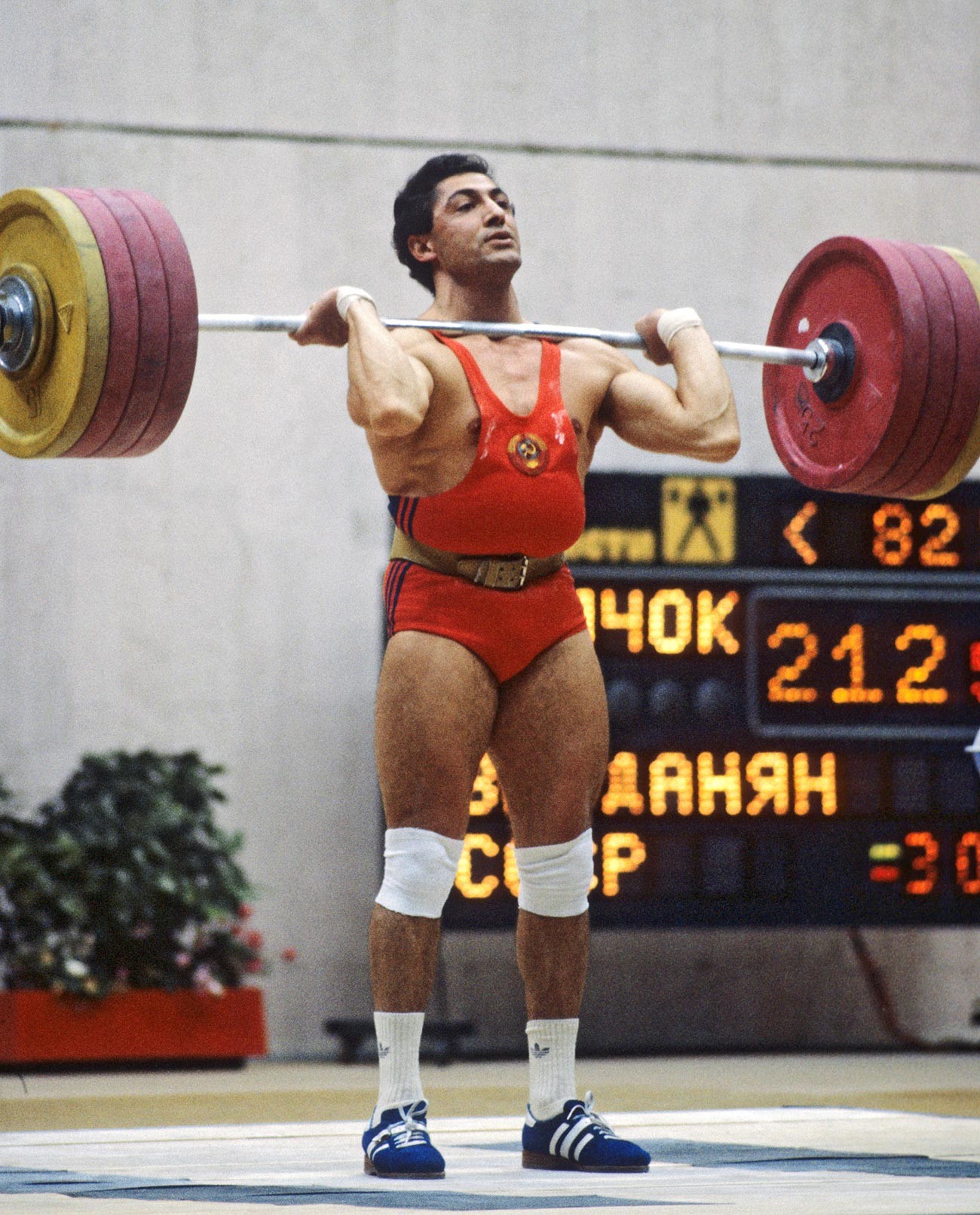
This Soviet Armenian weightlifter came down in the history of the sport as the man who achieved multiple world records. In particular, Vardanyan became the world’s first weightlifter to achieve a 400 kilogram total in the 82.5 kg weight category.
Vardanyan became the champion of the USSR four times - in 1977, 1979, 1981 and 1982 and champion of Europe five times - in 1977, 1978, 1980, 1981 and 1983. He also won gold in the 1980 Summer Olympics in Moscow.
After the collapse of the USSR, Vardanyan made a career in Armenian politics.
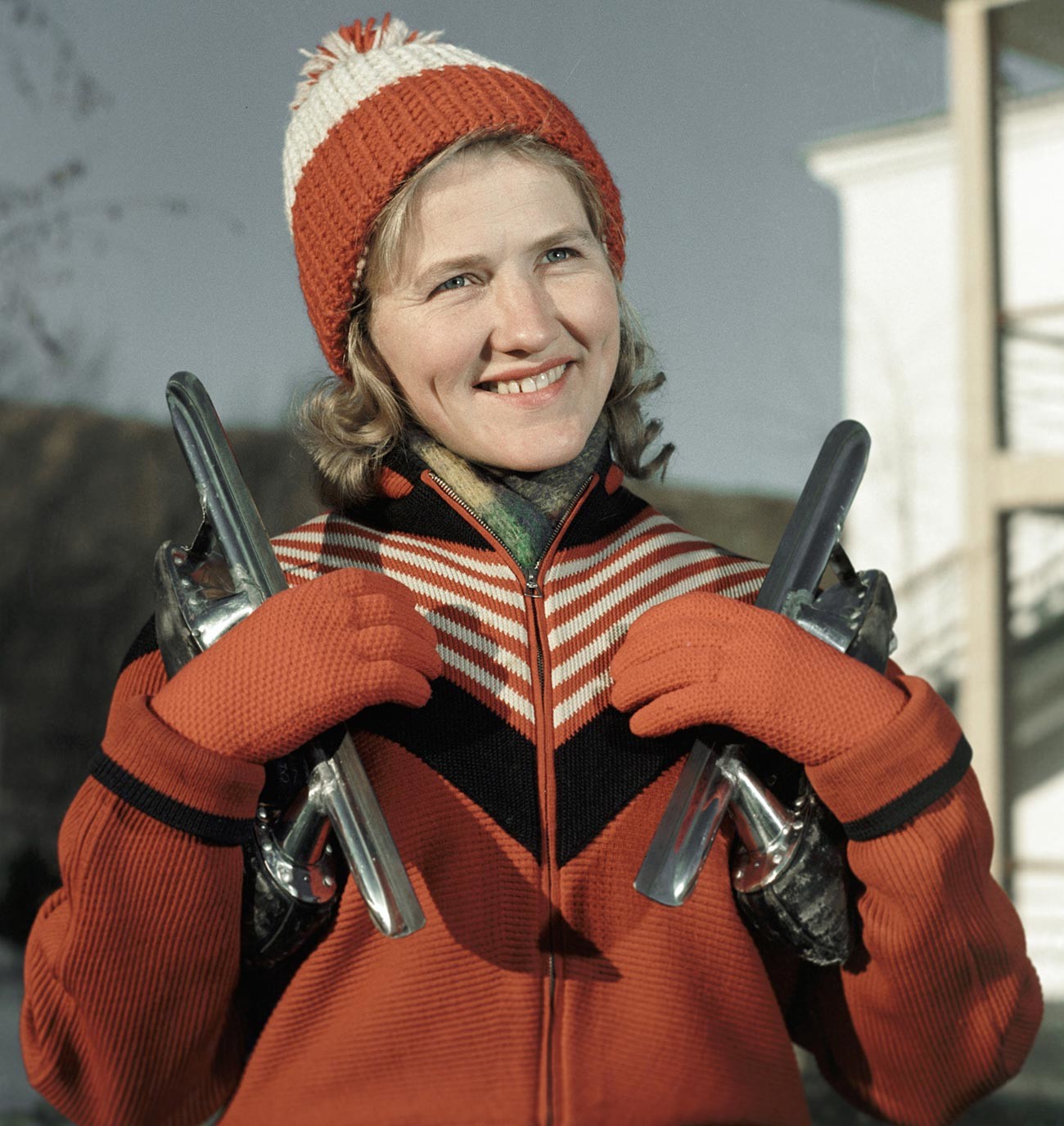
This Soviet athlete made sure the Soviet Union dominated the sport of speed skating in the Olympic games in the 1960s. Skoblikova became the first athlete to earn six gold medals in the Winter Olympics in total. In 1964, she was also the first to earn four gold medals at a single Winter Olympics. Throughout her career, Skoblikova claimed 25 gold medals at the world championships and 15 gold medals in the Soviet national championships.
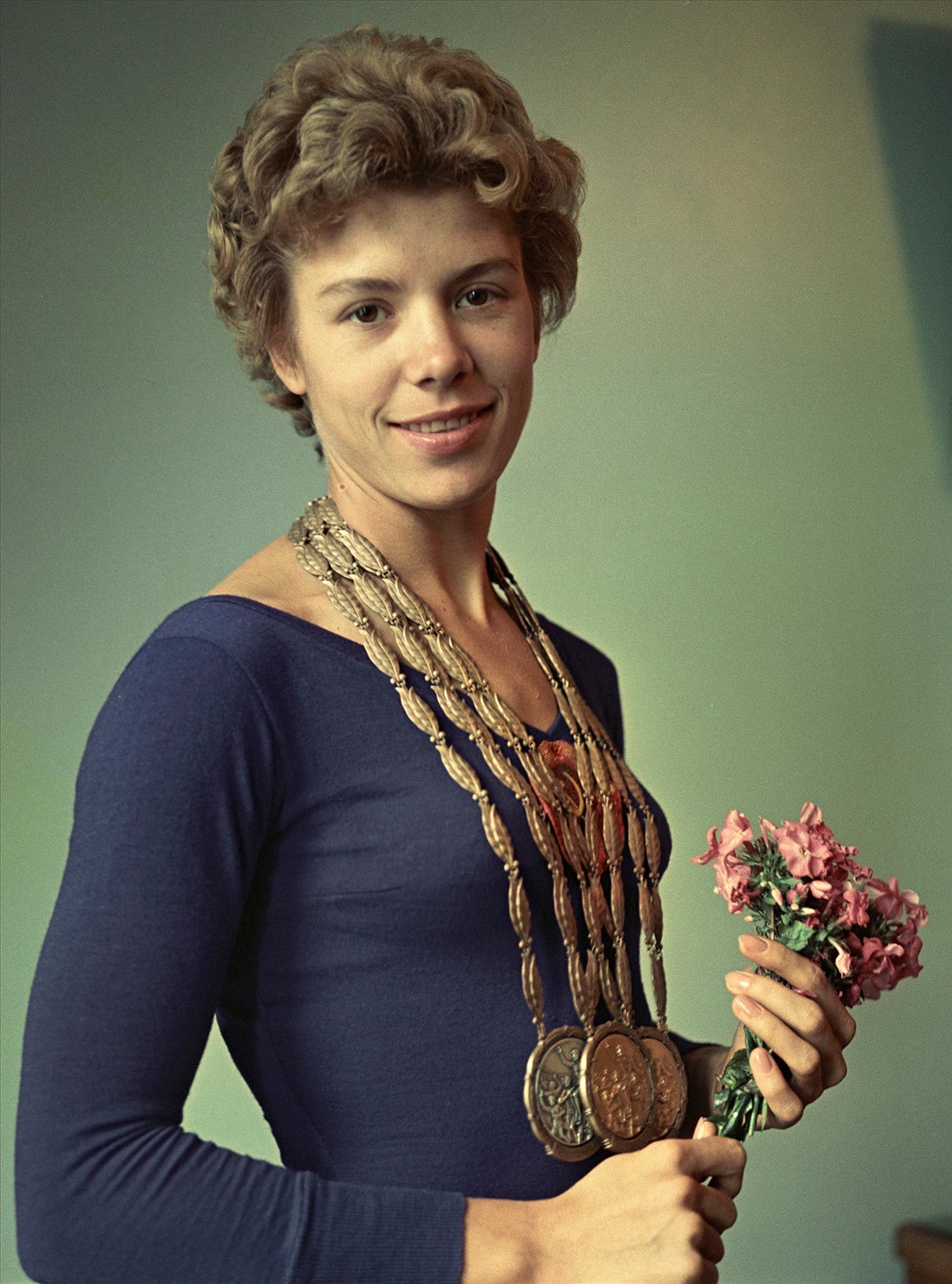
This Soviet athlete, born in Ukraine when it was a part of the Soviet Union, started her career at 19 and quickly achieved international stardom. Latynina is often credited with establishing the Soviet Union as a dominant force in this sport.
Between 1956 and 1964, Latynina won 14 individual and four team Olympic medals. At the 14th Artistic Gymnastics World Championship in Moscow, the athlete competed while being four months pregnant and won five out of six titles, nonetheless.

This iconic Soviet football player was born in Kyiv, Ukrainian Soviet Socialist Republic, in 1952 and played for Dynamo Kyiv and the Soviet National Team. Throughout his career, Blokhin scored 42 goals for the Soviet team, earning the title of all-time top goalscorer in the history of the Soviet national team.
Capped over 100 times for the Soviet Union games, Blokhin competed for the USSR at the 1972 and 1976 Olympic games, as well as at the 1986 FIFA World Cup. A recipient of the prestigious Ballon d’Or award, Blokhin was also named the European Footballer of the year in 1975. Overall, Blokhin is widely regarded to be one of the greatest football players of all time. After Ukraine became an independent state, the former player and coach was elected to Ukraine’s legislative body for two terms.
If using any of Russia Beyond's content, partly or in full, always provide an active hyperlink to the original material.
Subscribe
to our newsletter!
Get the week's best stories straight to your inbox